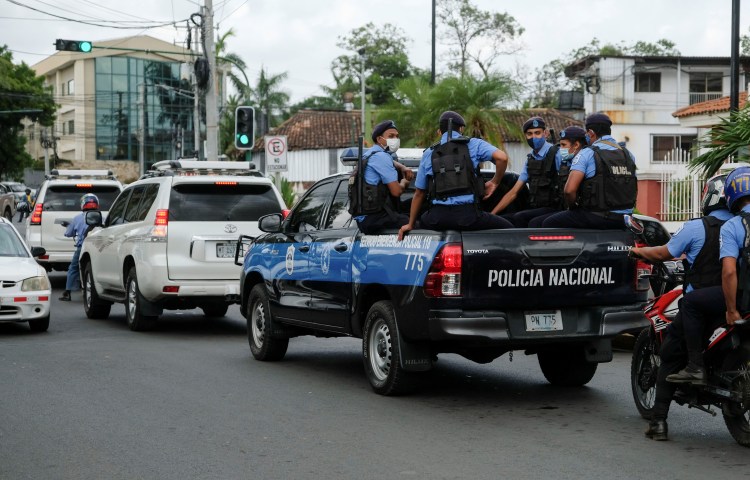
CPJ joins statement calling on international groups to address press freedom violations in Nicaragua
The Committee to Protect Journalists yesterday joined five other organizations in a joint statement calling on international policymakers and human rights institutions to condemn human rights violations in Nicaragua and pressure authorities to protect press freedom and freedom of expression in the country. The statement documents Nicaraguan authorities’ most recent acts of censorship and harassment…
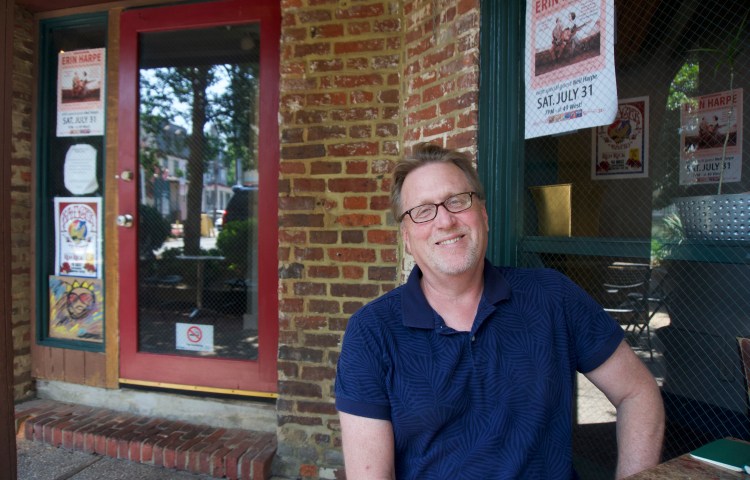
Former Capital Gazette editor on justice and healing after worst newsroom shooting in U.S. history
When CPJ interviewed Rick Hutzell at a café in Annapolis, Maryland, in July, he acknowledged that the decision to open up about his experiences as the former editor of the Capital Gazette, the site of the worst newsroom shooting in U.S. history, was a shift. Hutzell had been wary of giving interviews in the three…
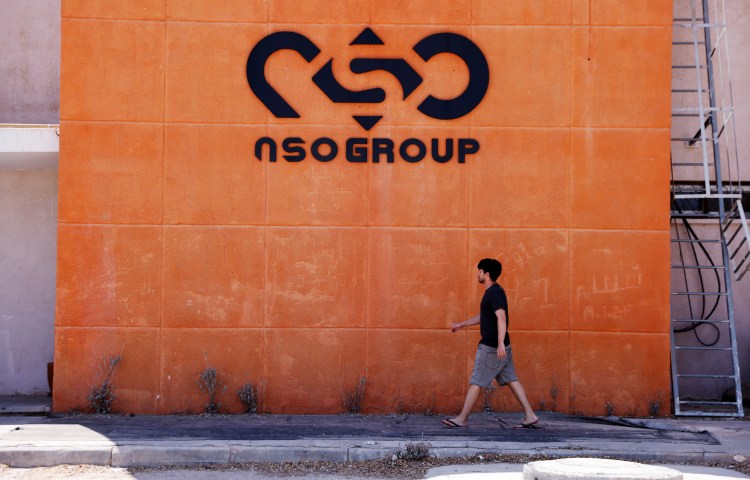
Pegasus Project revelations show added layer of risk for corruption reporters
Exposing those who abuse power for personal gain is a dangerous activity. Nearly 300 journalists killed for their work since CPJ started keeping records in 1992 covered corruption, either as their primary beat, or one of several. The risk was reaffirmed this month with the release of the Pegasus Project, collaborative reporting by 17 global…
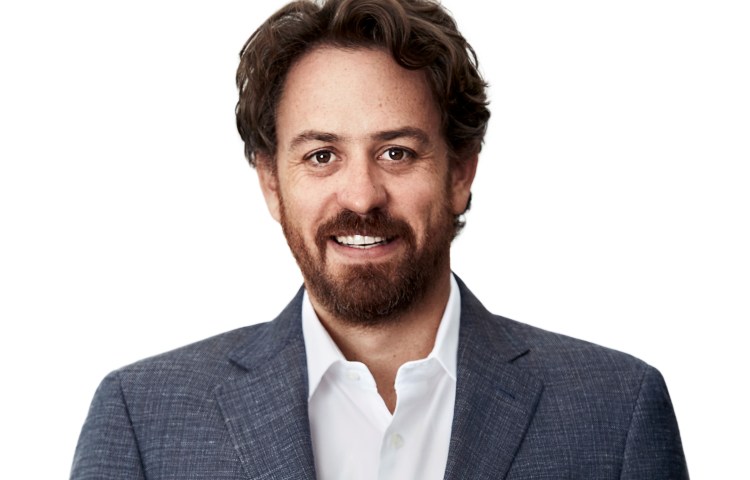
WhatsApp Head Will Cathcart: The spyware industry is undermining freedom
Will Cathcart is the chief executive of WhatsApp, the downloadable messaging app used by millions around the world as a primary means of communication. WhatsApp offers end-to-end encryption, meaning messages shared via the platform are, under normal circumstances, highly secure—a feature that has made it attractive for journalists, human rights defenders, and other vulnerable users,…
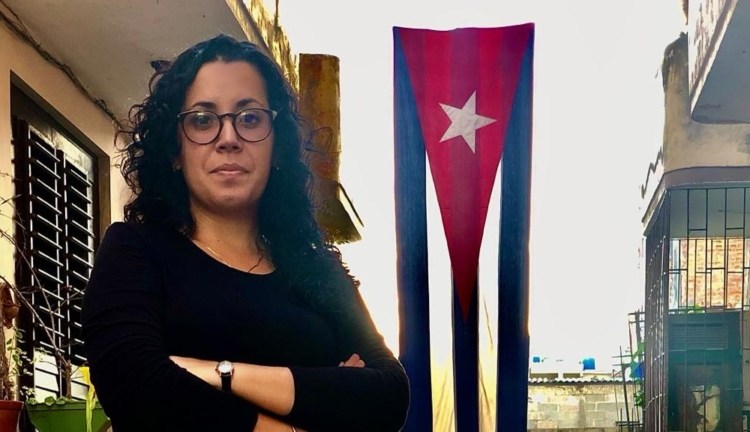
Camila Acosta speaks from house arrest about covering Cuba’s historic protests
“I am not free, but at least I am out of the dungeons,” Camila Acosta told CPJ via messaging app after her release to house arrest on July 16 following a four-day detention for covering the recent protests in Cuba. Acosta, who is based in Havana, covered protests on July 11 for the Cuban independent…
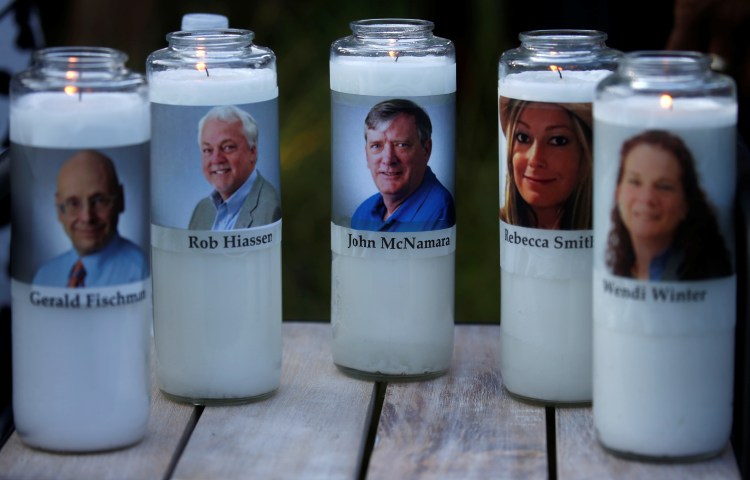
Capital Gazette shooter found criminally responsible, while questions of justice linger
In a county courthouse in Annapolis, Maryland, a scaled model of the old Capital Gazette newsroom was perched at an angle on a table toward the jury. One by one, four reporters, a photojournalist, and an advertising sales representative, approached the model to show where they were sitting when a loud noise — some thought it was a…
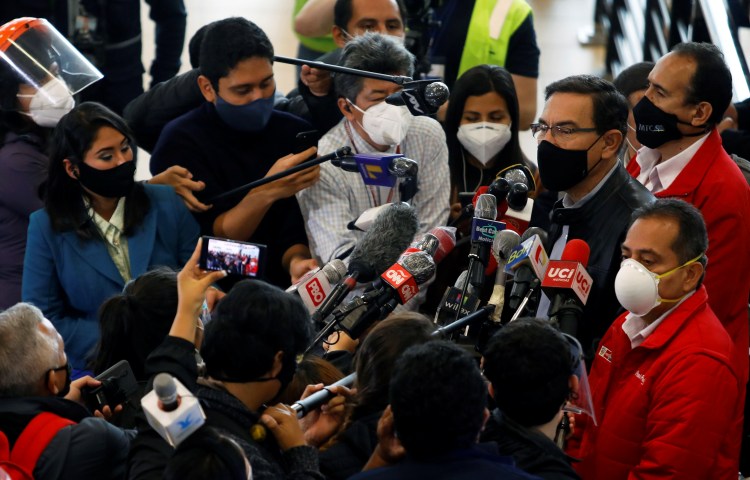
In five Latin American countries, COVID-19 responses restrict press freedom, CPJ, TrustLaw find
In Bolivia, Brazil, El Salvador, and Peru, emergency measures in response to COVID-19 restricted the media’s capacity to report freely and the public’s ability to access information, including critical information about public health interventions and the pandemic itself, a report by the Committee to Protect Journalists and Thomson Reuters Foundation’s TrustLaw program found. The report,…
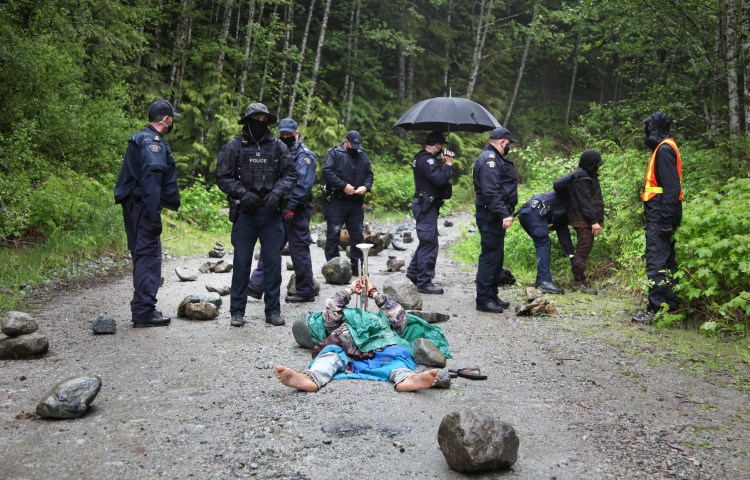
‘Like an open-air cage’: Police restrict reporters’ access to Canadian anti-logging protests
As demonstrators in the Canadian province of British Columbia protest the logging of one of the province’s last old-growth forests, located in the Fairy Creek watershed on Pacheedaht First Nations territory on Vancouver Island, journalists have been impeded from covering the story. Since May 17, the Royal Canadian Mounted Police have enforced an injunction — approved by…

CPJ joins call for US to investigate Egypt’s alleged role in Khashoggi murder
The Committee to Protect Journalists today joined seven other civil society groups in a joint statement calling on the United States government to transparently investigate any role Egyptian officials may have played in the killing of Saudi journalist and U.S. resident Jamal Khashoggi, and to publicly disclose any findings from that investigation. On June 21,…
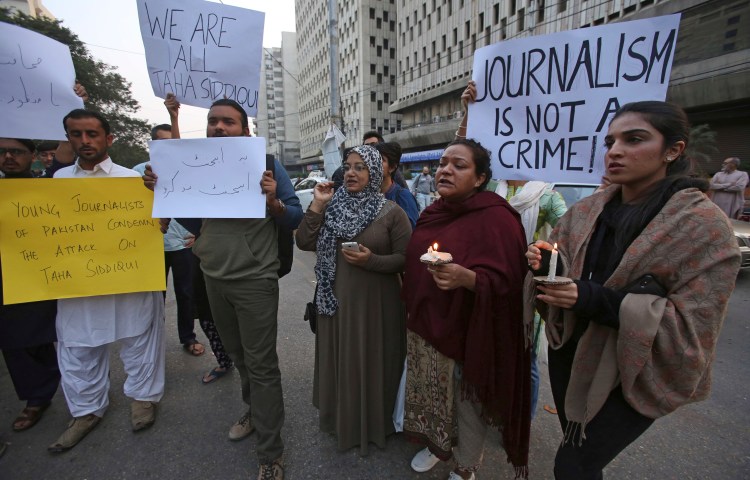
At-risk journalists who must flee home countries often find few quick and safe options
In 2018, journalist Mohammad Shubaat was in Daraa, Syria, caught between advancing forces aligned with Syrian President Bashar al-Assad and the closed borders of Israel and Jordan. Despite the dire threat to Shubaat and many of his colleagues, it would take over a year of intense negotiations with some 20 countries by the Committee to…